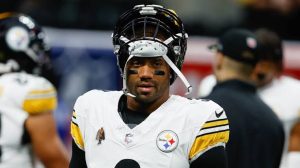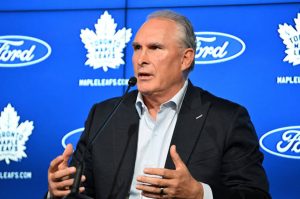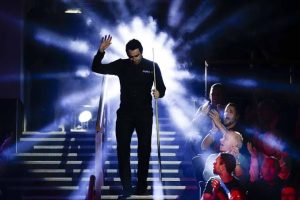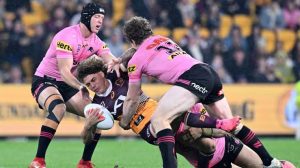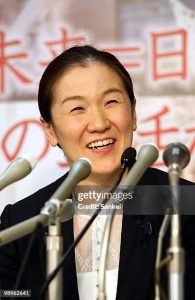
During Friday night’s 113-104 overtime loss to the Cleveland Cavaliers, center Rudy Gobert voiced his opinion that a referee might be placing bets on games. Gobert will pay $100,000 for it.

The 31-year-old former star of the Utah Jazz was fined by the NBA on Sunday for “publicly criticizing the officiating and making an inappropriate and unprofessional gesture toward a game official.” The league clarified that Gobert’s “past instances of conduct detrimental” in criticizing the officials are also taken into account in the fine.
Referee Scott Foster appeared to be the target of Gobert’s money sign as he rubbed his hands together. Gobert was given a technical foul call by Natalie Sago, another referee. following the match. Gobert stated that he meant to imply that gambling might affect the way NBA games are officiated. In addition, he presented himself as a bit of a martyr.
Gobert declared, “I’ll bite the bullet again.” “I’ll play the antagonist. Although I believe it’s damaging our game, I’ll take the fine. Although I am aware that betting and other related activities are growing, it shouldn’t seem that way.
While free speech is protected by the First Amendment from censorship by the government, employees of private companies, such as NBA teams, are typically not covered by it. The collective bargaining agreement and NBA contracts prohibit engaging in certain behaviors.
The NBA is probably sensitive to rumors that officials are placing bets on the league. A well-publicized incident involving referee Tim Donaghy and his influence from betting on games impacted the league in 2007.
A decade ago, the Professional and Amateur Sports Protection Act of 1992 (PASPA), which was sought to be declared unconstitutional by the state of New Jersey under then-Governor Chris Christie, was sued by the NBA, NFL, MLB, NHL, and NCAA. PASPA prohibited sports betting in 46 states, with the exception of Nevada, Delaware, Oregon, and Montana.
Following defeats in federal district and federal appellate courts, New Jersey emerged victorious in Murphy v. NCAA (2018) at the US Supreme Court. Since then, the professional leagues have partnered with sports betting organizations to find new revenue streams, thereby embracing the legal loss.
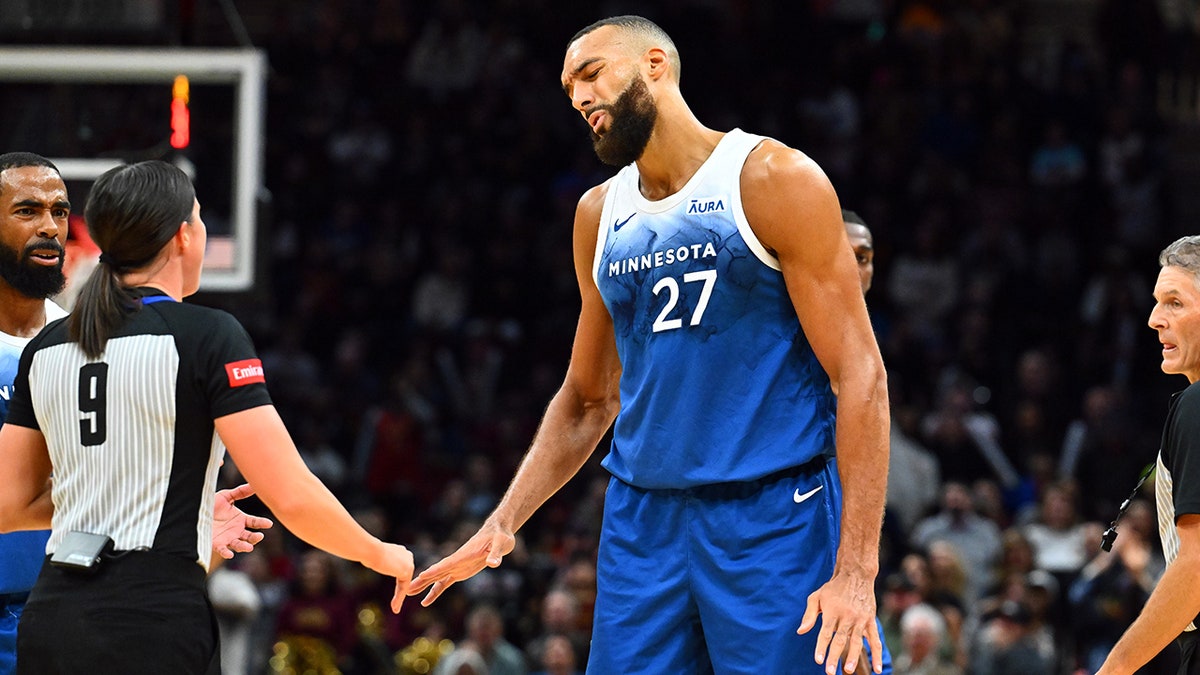
It’s unclear if Gobert is just conjecturing and spit-balling or if he actually has proof of a referee conspiracy. His actions may be viewed as impolite and even defamatory if his statements turn out to be untrue and harm people’s reputations and careers.

